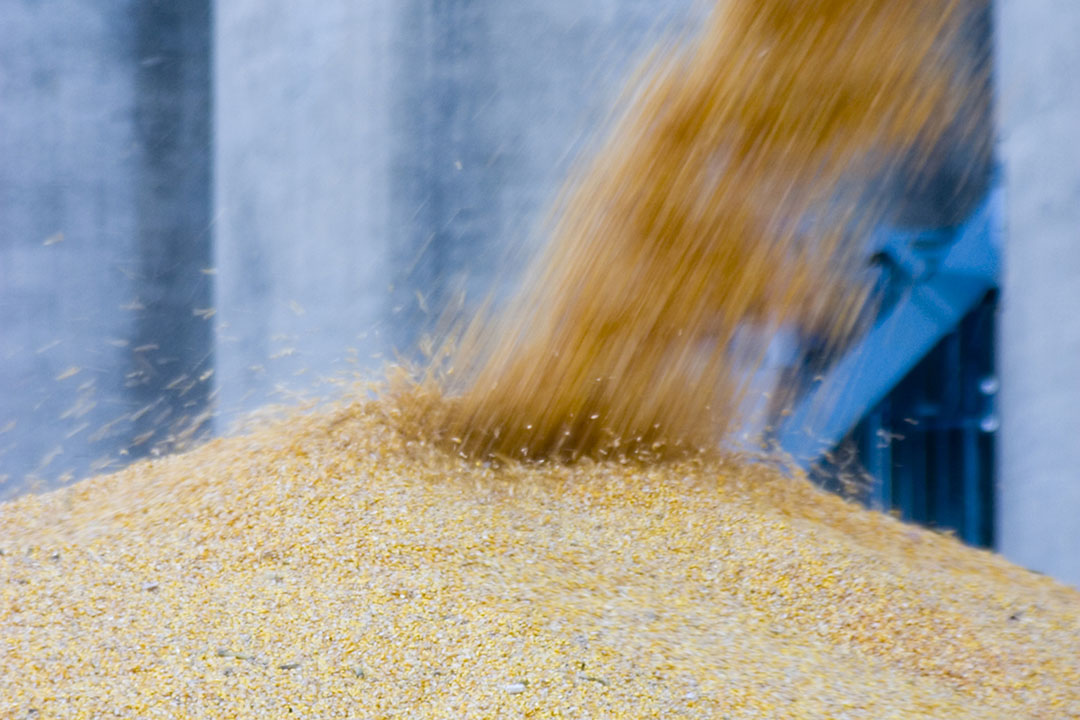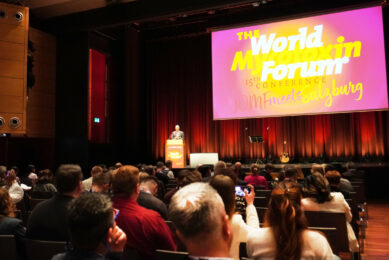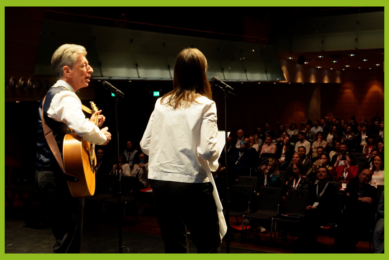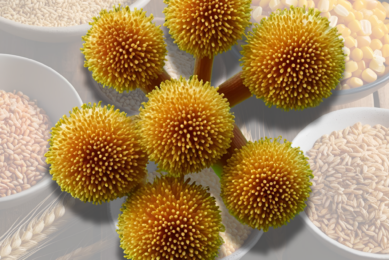Mycotoxin situation in ASEAN

ASEAN is one of the fastest growing economic powerhouses and is one of the world’s top five economies, behind the US, EU, China and Japan. It is becoming the most productive agricultural baskets in the world due to their massive production of agricultural export including rice, corn, sugarcanes, soya bean, cassava and other types of cereals which are the core of human nutrition and the use for food and feed production.
However, improper and inadequate storage conditions along with the climate change within the region make ASEAN agricultural commodities including cereal grains and their processed food products frequently contaminated with mycotoxins and emerging mycotoxins. This may lead to health risks for ASEAN and global populations.
Nowadays, there have been more than 400 mycotoxin metabolites discovered. The adverse health effects of mycotoxins range from acute poisoning to long-term effects such as immune deficiency and cancer. Chronic conditions have a much higher incidence and much greater impact, numerically, on human health on a global scale. Based on mycotoxins’ chemical structure, it is relatively stable in cooking and processing temperatures.
Once they contaminate food and feed, they cannot be removed safely. This means once foods are contaminated, human exposure is almost certain if the foods go into the market. Numerous mycotoxin surveys have been conducted in ASEAN. Recent results from BIOMIN Q3 (2019) indicated that, ASEAN is facing a mycotoxin contamination risk especially with aflatoxin (56%), zearalenone (55%), deoxynivalenol (49%), T2 (8%), fumonisin (89%) and ochratoxin A (22%).
Interestingly the risk increased annually. Even though mycotoxin contamination in feed, food and foodstuffs in ASEAN has been monitored more closely in the past 10 years, relevant information still remains insufficient, which makes it difficult to assess the exposure of the ASEAN population to mycotoxin. Avoiding mycotoxin occurrence in the food chain is a primary goal that requires understanding of where they come from and contamination routes.
WMFmeetsASIA Dr Awanwee Petchkongkaew of Thammasat University, Thailand is part of the steering committee of the World Mycotoxin Forum meets Asia. The mycotoxin conference takes place in Bangkok, Thailand, 13-15 January 2020. Dr Awanwee Petchkongkaew of Thammasat University, Thailand is part of the steering committee of the World Mycotoxin Forum meets Asia. The mycotoxin conference takes place in Bangkok, Thailand, 13-15 January 2020. |
Governments should encourage and support collaborations and cooperative research efforts among scientists and laboratories in ASEAN countries in order to assess the extent of human. Continuing support from national and provincial governments as well as local authorities to encourage and fund activities that contribute to mycotoxin management is also important. With this support consumers and livestock can be protected from the health threat posed by mycotoxin contamination, economic loss can be minimised and future healthcare costs be avoided. Now is the time to be deeply concerned.











